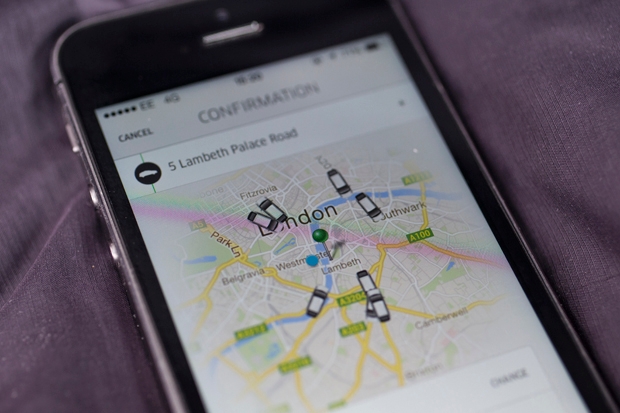Technology businesses have a genius for inflicting indignities on us and spinning them as virtues. When they don’t want to respect copyright, they talk about the ‘democratisation of content’. When they want to truffle through our contact lists and browsing histories, they talk about ‘openness’ and ‘personalisation’. A hundred years ago, when a widow had to take in lodgers to pay the bills, it was called misfortune. Today, when an underemployed photographer has to rent out a room in his house or turn his car into a taxi, it’s called the ‘sharing economy’. First Google took his job. Now Airbnb wants his house. Next they’ll be after his pets.
In fact, they already are. Businesses are now emerging which offer you the chance to turn those hairy, underutilised masses snoring on the kitchen floor into cold hard cash. The theory goes that cities are full of animal lovers who want a brief fling with your golden retriever without the commitment of long-term ownership. The pet owner gets paid and brings a smile to the emotionally stunted urban professional who takes Fido for the weekend. The world is a better place. But you do wonder where it all stops. Since we’re talking about renting out dear family members, there’s always Granny, sitting underutilised in the corner. Why not monetise her spare time by renting her out to homesick travellers? They get to spend a relaxing few hours with a kind-hearted pensioner on a Sunday afternoon. She gets cash. Build an app to match lonely travellers with grannies in their area, create a granny rating system… get me a venture capitalist!
The potential absurdities of the sharing economy stem from the fact that it has little to do with sharing at all. In a genuine sharing economy, we would all be lending and borrowing based on trust.







Comments
Join the debate for just £1 a month
Be part of the conversation with other Spectator readers by getting your first three months for £3.
UNLOCK ACCESS Just £1 a monthAlready a subscriber? Log in